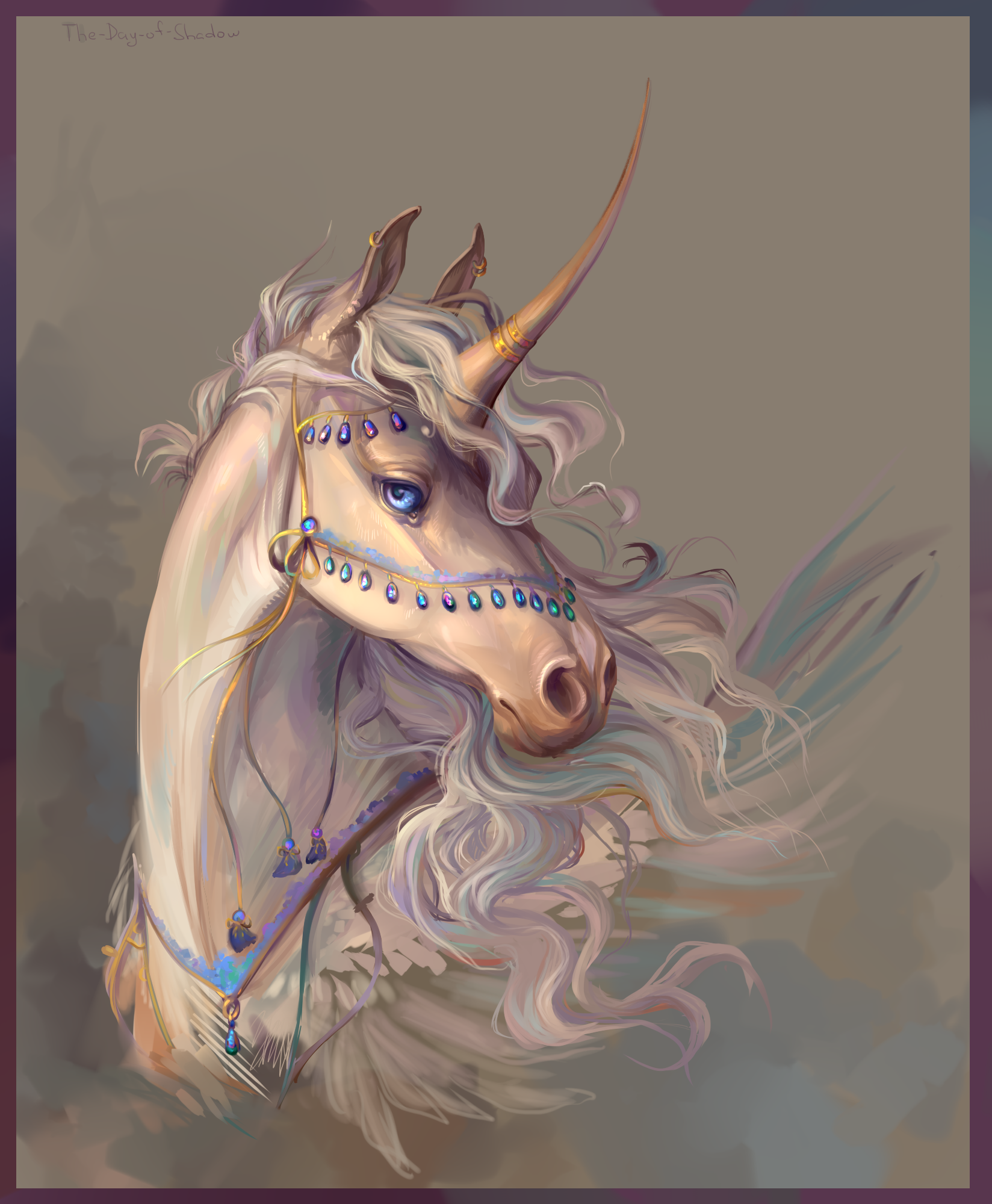
at 4 a.m. i wake. thinking
of the man who
left in september.
his name was law.
❖
of the man who
left in september.
his name was law.
❖
505. spring?
The act of waking—the shock of it. The lungs remembering breath, the limbs remembering blood. Nothing else to call it but a shock. Did you know you can drown in it? Your own blood, I mean. Haemoptysis. Asked Ruth about it: a massive haemoptysis, no water needed, just you, your lungs, your blood, the heaviness of sweet-morphine sleep. A drowning in the sheets—painless, Ruth says.
❖
I shock awake to the white roar of a spring-fed river.
For a startling moment there is nothing in my head but a starburst of pain: a localized stab of it just beneath the ribs, my heart drumming like a captured rabbit’s. I press my head to my knees, cough out the too-sweet smell of grass at the end of summer. My coat slips down my shoulder, letting in damp forest cold. Shuddering, I pull the thin collar back over my neck.
Slivers of grass float off of me when I draw unsteadily to my hooves. The sun is already high in the sky, unobscured by scraps of cloud. Beneath it, the world is polished to a shine: everything is either sparkling bright or starkly in shadow, and my eyes smart when they go to the river’s surface. A snowy egret lifts its head towards me, its yellow eyes accusatory, when I stumble down to the lapping water.
The current is rushing too quickly for me to see myself as more than a hazy outline of gold, a slash of bright red where my mouth should be. There is the familiar dull ache of hunger in my stomach yet I ignore it. I will find him soon enough. And it is nothing, really, nothing at all, to the catatonic shock of awakening.
I feel in my pocket for the smoothness of sanded glass. By now the egret has dipped back into the current, bored by my slow, drowsy movements. When it surfaces, a bass’ silver belly thrashes in its dripping beak.
The vial, long emptied of its contents, is small and insignificant under this penetrating sun. I bring it to my lips—the tang of iron—before tossing it, end over end, to the bottom of the river.
It is high noon, and I am a thousand wing-strokes away from my kingdom of blood-in-the-sand.
❖
I think I’d expected for him to want to find me again, eventually.
How long could he stay away? A month. I could last two. A season, however, is cruel; a week after the solstice I sent the first letter, my calligraphy tight and pinched. Angry black slashes bleeding out on the parchment. The ribbon I had tied to Abbadon’s leg had been red, instead of the Ieshan’s diplomatic white.
And then I had paced. I used to find it comic, the pacing. The seriousness of the pacing. I never used to do it because I’d thought myself too busy for it, yet now I know I’d merely never been that desperate. Princes do not know desperation with much intimacy—we prefer to skirt around it—yet when we do know it, we are consumed. How dare they, we think, to deny us.
For we are the deniers. For we are the ones who hurt. It is birthright, versus achievement.
It is the reason why, when I see him in the gloom of dusk through a phoenix’s eyes, I feel a violence twist beneath my skin that I have never known. I do not change back to that weak, sick mortality. My lungs are on fire but I am a phoenix—what does it matter?
He is keeping close to the river like a water creature, his back the forged gold of a shield. For a moment I only watch from high above: he looks well in a disarming way. Not a hair out of place—everything gold and pyrrhic.
It has been months, and he looks well, and my lungs are on fire because they are dead when I am still alive. I exhale, because a phoenix cannot laugh.
Like an arrow towards a heart, I dive.

BRIGHT SPLASH OF BLOOD ON THE FLOOR. ASTONISHING RED.
(All that brightness inside me?)
(All that brightness inside me?)
♦︎♔♦︎

